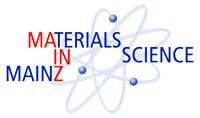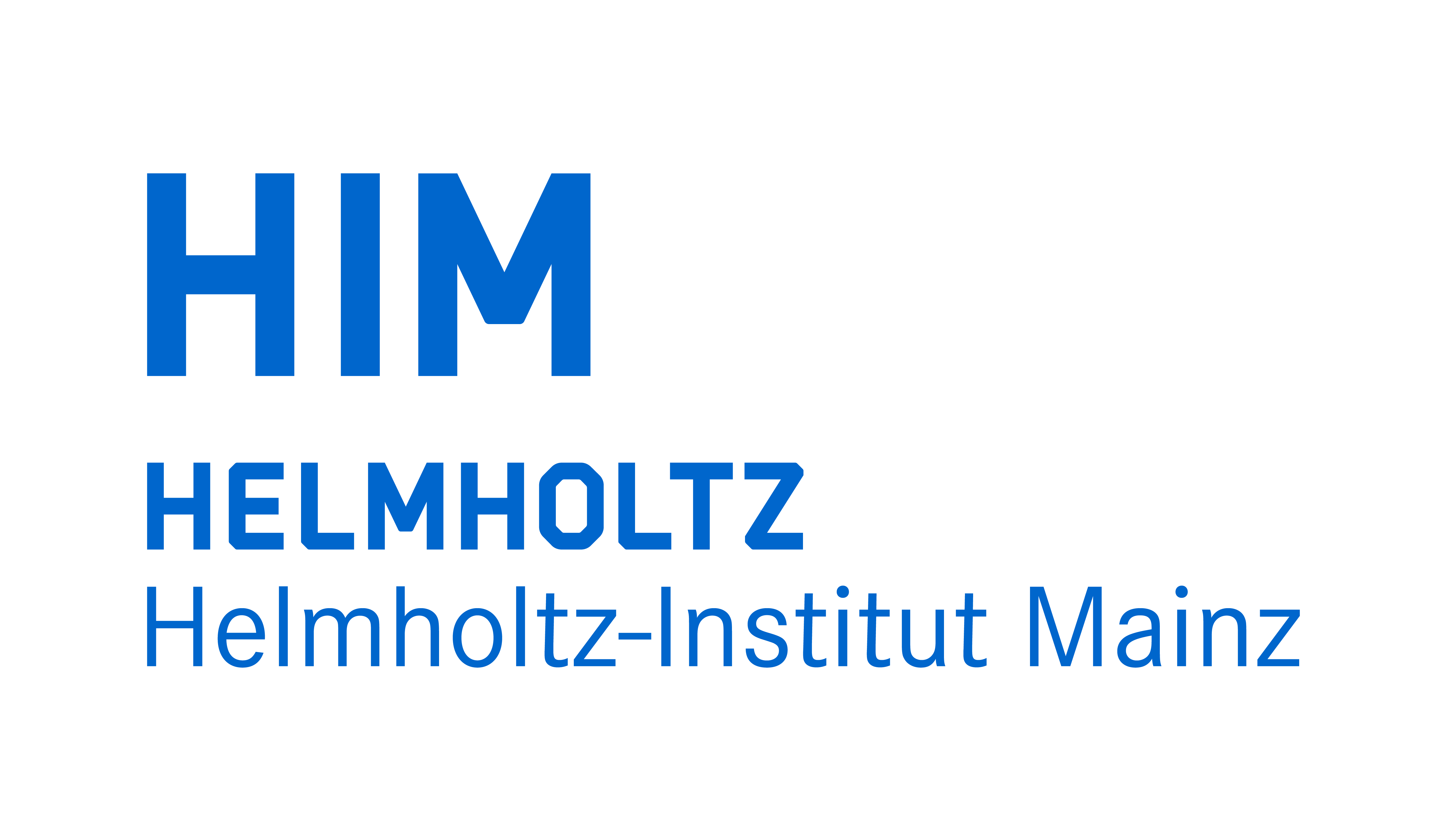


Physikalisches Kolloquium
May 16, 2023 at
4:15 p.m.
in
HS KPH
Prof. Dr. Friederike Schmid
Institut für Physik
friederike.schmid@uni-mainz.de
Prof. Dr. Hartmut Wittig
Institut für Kernphysik
hartmut.wittig@uni-mainz.de
Nuclear physics and the origins of the heaviest elements
Prof. Rebecca Surman (University of Notre Dame, Indiana USA)
The groundbreaking discovery of the neutron star merger event GW170817 ushered in a new era of multimessenger astrophysics. One key observation was the optical signal that accompanied GW170817, which provided the first firm proof that neutron star mergers produce heavy elements. Still, it is not known exactly which elements are produced by mergers and in what proportions. Are neutron star mergers the sole astrophysical source of the heaviest elements or do other extreme events contribute? A full understanding of neutron star mergers and their role in galactic chemical evolution requires progress in a number of areas including nuclear physics. Thousands of exotic nuclear species participate in neutron star merger nucleosynthesis, and their properties shape abundance patterns and kilonova signals. Here we discuss how nuclear physics uncertainties influence predictions of nucleosynthesis observables. We then explore the promise of experimental campaigns at rare isotope beam facilities to both reduce these uncertainties and provide insight into astrophysical environments of heavy element production.